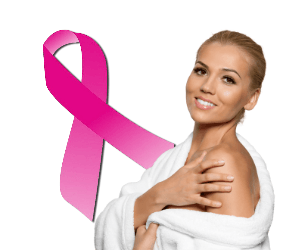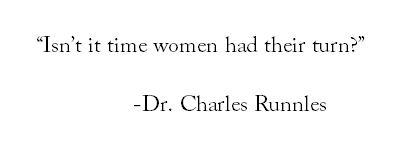It is a proven scientific fact that menopause or hysterectomy can cause hormonal imbalance in women. As per the reports of National Women’s health Information Centre, USA, one out of three women by the age of 60 has a hysterectomy done which also amount to 600,000 per annum. If you count the women in 40 plus age group with pre-menopause/menopause symptoms with this statistic you will know that a sizable women population of the country is suffering from hormonal constraint.
What is menopause?
Menopause is a stage where your ovaries lose the ability to produce higher levels of hormones that include estrogen, testosterone and progesterone. Ovaries as you know are reproductive glands designated to store and release eggs into fallopian tubes. Menopause is a permanent disability that stops menstruation and divest women of reproductive ability. The term menopause is used to describe the changes experienced by women before or after the stoppage of menstruation.
What is hysterectomy?
Hysterectomy is the procedure used to remove uterus surgically. The procedure while removing uterus also compromises with the blood supply to ovaries causing atrophy or ovarian dysfunction. This could lead to declined levels of hormone production. The surgery is performed when women suffer from issues like uterine fibroid, uterine prolapsed or displacement of uterus, abnormal vaginal bleeding, cancer of uterus, ovaries or cervix, thickening of uterus or adeonomyosis etc.
Hysterectomy surgery leaves women in a surgical menopause stage. This is not natural menopause but induced surgically, so it drastically reduces the production of estrogen, testosterone and progesterone. In the natural process, it is gradual and takes years to decrease hormone levels but with hysterectomy a woman may go through drastic changes taking place in her body and with that decline of hormone levels.
What are hormones and how they help body functions?
These are messenger elements that travel via blood stream across all body systems so as to start, stop, slow down or speed up chemical and physical processes and functions. Conventionally women have been advised not to worry about the absence of ovaries or uterus as they are not needed any longer and along with that the hormones that they produce. It is not true because rest of your body needs hormones to function even if you don’t need them for uterus or ovaries.
How do the three primary hormones help in the functioning of your body?
Estrogen
- Helps in the growth of muscle tissues such as the development of reproductive organs and breasts and enable them to function efficiently.
- Conserve moisture content and elasticity of the skin, prevent plaque from forming in walls of blood vessels and dilates blood vessels.
- Enhance brains functions and synthesis of neurotransmitters that influence moods, sleep, libido and cognitive factors such as focus and learning and memory.
- Helps preserve bone mass
- Reduces the awareness of pain
- Increases good cholesterol or HDL
- Lower levels of estrogen will lead to dry vagina and painful sex
Progesterone
- Progesterone is produced by ovaries primarily but is also produced by brain cells, adrenal glands and peripheral nerves in reduced levels.
- Assure the development of breasts and female reproductive tract and their related functions
- Attach to receptors in the brain to produce sedating and calming effect
- Provides protection against seizures and improves sleep
- It being diuretic, removes sodium from kidneys effectively by helping them
- Insulin sensitivity of body is enhanced by progesterone
- Body metabolism and functioning of thyroid hormones is enhanced
- Helps in the process of bone building
- Improves and streamlines cardiovascular system by preventing the formation of plaque in blood vessels. Also helps reduce triglycerides levels in the blood.
- Importantly increases levels of libido
- Contributes to the efficient use and management of fat as an energy source.
Testosterone
- Testosterone is produced in ovaries and adrenal glands of women
- Builds muscles, bones and importantly strengthens ligaments
- Helps in the function of brain, and is affiliated with sense of well-being and assertive behavior
- Increased testosterone levels play a great role in peaceful sleep and body stamina
- Testosterone is a great protective cover against heart diseases in both women and men





 The Female Intimate Wellness Treatment.
The Female Intimate Wellness Treatment.

